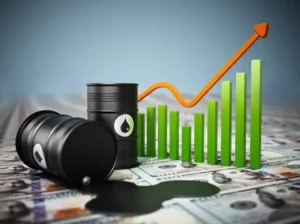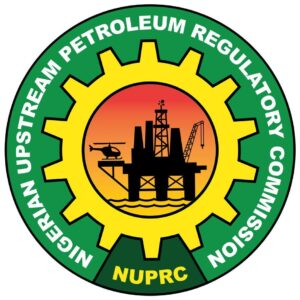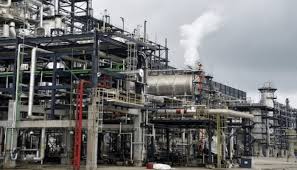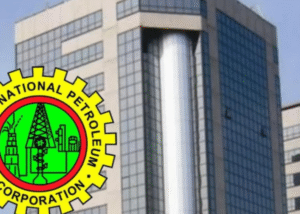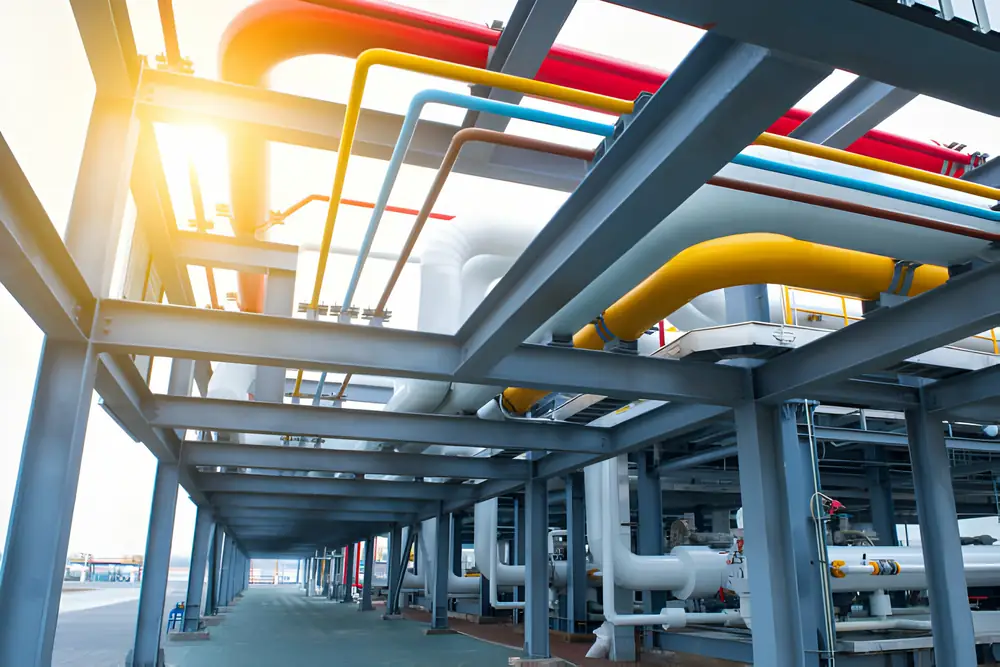The Nigerian government has sought partnership with the World Economic Forum (WEF) on the African Atlantic Gas Pipeline (AAGP) in the bid to connect Nigeria to Morocco and other African countries as well as the recharging of Lake Chad to tackle the global food security crisis and other existential threats.
At a meeting with the President of WEF, Mr. Borge Brende on the sideline of the ongoing annual meeting in Davos, Switzerland on Thursday, the Vice President, Kashim Shettima called for collaboration with the Forum to foster economic development and growth in the country and on the African continent.
According to a release by his spokesman, Stanley Nkwocha, on the African Atlantic Gas Pipeline, Shettima said Nigeria would be in a vantage position to take advantage of the WEF platform to develop the gas project, pointing out that this would address the geopolitical challenges in Europe and the growing demand for energy due to artificial intelligence, data mining and storage.
He said, “We seek your collaboration in fundamental areas. One is on the African Atlantic Gas Pipeline (AAGP) which will connect Nigeria to Morocco and other African countries. The pipeline will transport natural gas from Nigeria to North Africa and Europe and is expected to improve energy security and economic growth in the region.
“With the geopolitical challenges in Europe from Russian gas problems and the rising demand for energy because of artificial intelligence, data mining and storage, we will be in a vantage position to take advantage of this opportunity.
“A lot of littoral states in West Africa who have discovered gas are more than willing to plug into the system and feed their gas to other end users. We are also exploring the area of undersea passage of the pipelines for it to be a win-win for everyone. We want to use the WEF platform.”
Shettima told the WEF President that while Nigeria was a country blessed with gas, the nation was exploring every option to maximise available opportunities for economic growth and create wealth for its growing population.
“Nigeria is a gas nation rather than an oil nation. Because of our population, we either take care of the young men and women, (our average is 16.9), or they take care of us in the next ten or twenty years down the line. This is why we are in a hurry to develop in our enlightened self-interest. Gas provides us with the utmost opportunity to generate wealth for our people,” he noted.
On recharging Lake Chad, the Nigerian Vice President said apart from addressing the food security crisis, it would also put Nigeria in a vantage position to generate clean energy and combat terrorism.
“There is an incestuous relationship between economy and ecology in the Sahelian region. The challenges of Boko Haram and ISWAP might not be disconnected from the realities of existential threats we are facing.
“The Lake Chad hitherto was 25,000 sq. km but it has shrunk to 2,000 sq. km. There is the issue of the recharging of Lake Chad from the Congo River basin which is the second largest river basin in the world, and the water is flowing into the Atlantic. We want to use your platform to recharge Lake Chad.
“This will help us to successfully generate clean energy, a significant amount of hydropower annually, and there will be a canal of 2400 kilometres that will change the agricultural landscape of that sub-region. This will address the food security crisis that the world is facing.”
The Vice President also informed the WEF President about the ongoing reforms being undertaken by the administration of President Bola Tinubu, saying the Nigerian President has returned Nigeria to the part of sustained economic growth.
“Most importantly, we are talking about the present. My leader and my boss, President Bola Ahmed Tinubu is someone who also grew up in the finance ecosystem.

